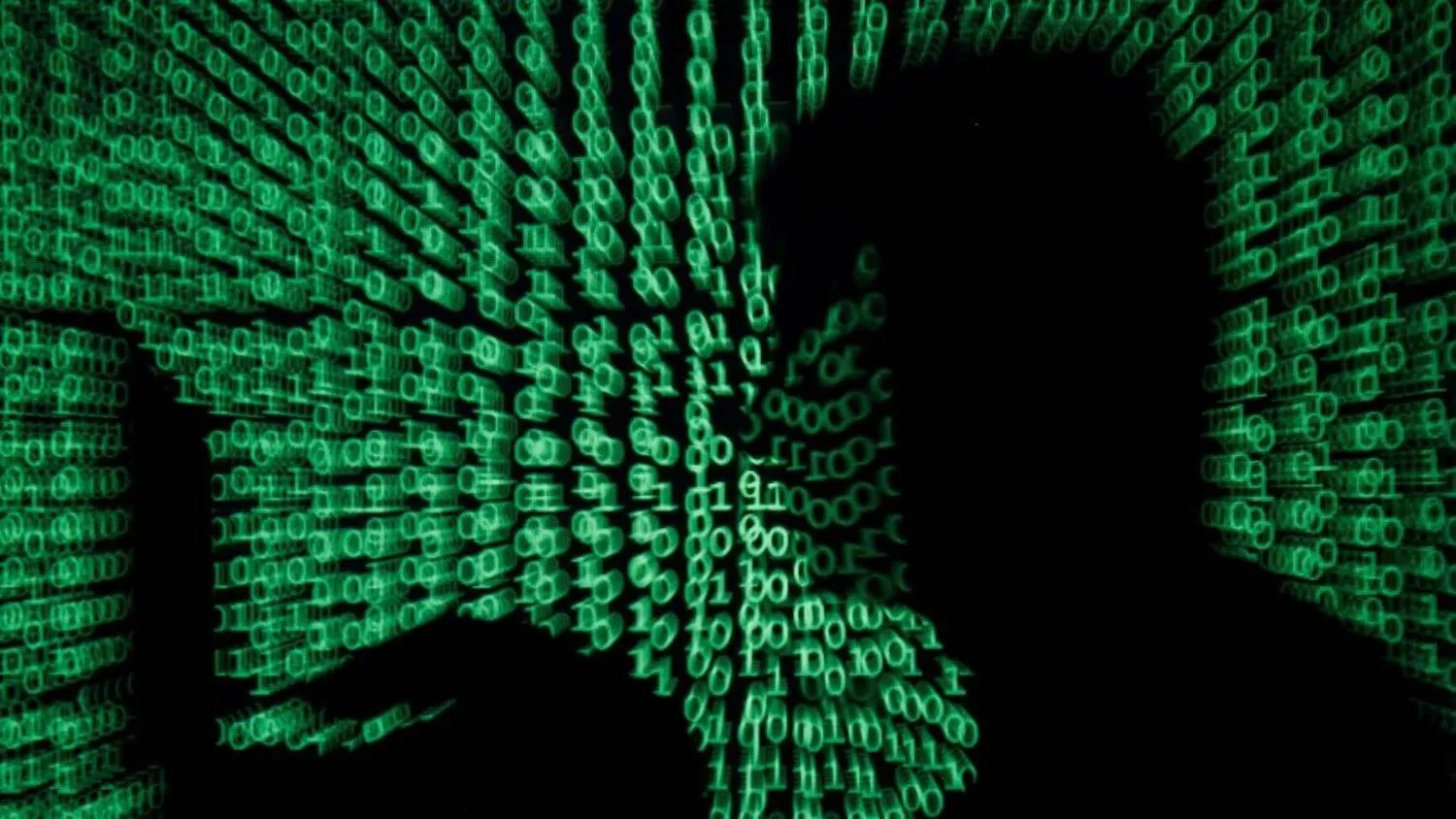The United Nations chief warned Thursday that “the perils of weaponizing digital technologies are growing by the year” and malicious activity in cyberspace is on the rise by governments, non-government actors and criminals.
At the same time, Secretary-General Antonio Guterres said, “the misuse of digital technology is becoming more sophisticated and stealthy, malware, wipers and trojans are proliferating” and cyber operations enabled by artificial intelligence are multiplying the threat.
In addition, he warned the UN Security Council that “quantum computing could break down entire systems with its ability to breach encryption.”
On the positive side, Guterres said digital advances “are revolutionizing economies and societies,” not only bringing people together but delivering news, information and education and enabling citizens to access government services and institutions, The AP reported.
But instant connectivity that powers enormous benefits is also leaving people, institutions and governments vulnerable, he said.
Guterres said cybersecurity incidents have become “disturbingly common” from disruptions to health, banking and telecommunications services to “relentless illicit activity” including by criminal organizations and so-called “cyber-mercenaries.”
The secretary-general also pointed to “a legion of hate merchants littering the information superhighway with fear and division” and the increasing use of cyberspace as a weapon in conflicts. “And the growing integration of digital tools with weapon systems, including autonomous systems, presents new vulnerabilities,” he said.
Guterres said software vulnerabilities are being exploited and ways to achieve this are even being sold on the Internet.
“Ransomware is one grievous example – a huge threat to public and private institutions and the critical infrastructure people depend on,” he said. “According to some estimates, total ransomware payments reached $1.1 billion in 2023.”
But the UN chief said beyond these costs such intrusions impact peace, security and stability within and among countries.
“Malicious activity that undermines public institutions, electoral processes and online integrity erodes trust, fuels tensions, and even sows the seeds of violence and conflict,” he said.
Guterres has been calling for global efforts to ensure that cyberspace and AI are regulated to ensure they are oriented to promoting responsible behavior of these technologies.









